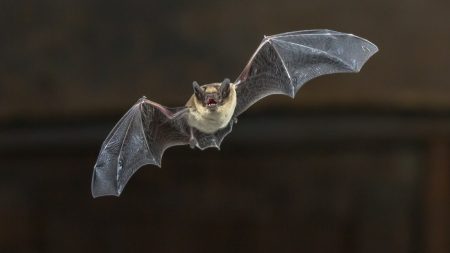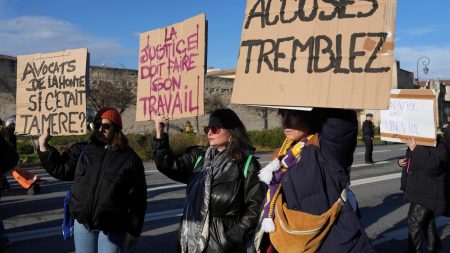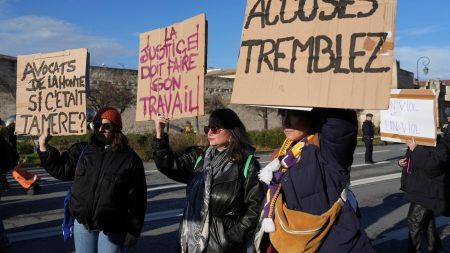Resuming the Fight for Biodiversity: Rome Conference Tackles Funding and Implementation
The United Nations biodiversity conference, which was interrupted last year in Colombia, is set to reconvene in Rome this week. At the heart of the discussions will be the critical issue of funding to protect the planet’s biodiversity. Last year’s COP16 talks in Cali made progress on key fronts, such as benefit-sharing agreements for companies that use genetic resources and giving Indigenous communities a stronger voice in conservation. However, time ran out before all decisions could be finalized, leaving unresolved issues such as how to secure the massive funding needed to implement the Global Biodiversity Framework (GBF) adopted at COP15 in Montreal in 2022. With the world losing biodiversity at an alarming rate, the Rome talks are seen as a pivotal moment to ensure the framework’s ambitious goals are achievable.
From Montreal to Cali: The Journey Toward Biodiversity Conservation
The Global Biodiversity Framework adopted in Montreal set out 23 ambitious goals, including protecting 30% of the planet and restoring degraded ecosystems by 2030. But as Georgina Chandler of the Zoological Society of London explained, Montreal was about setting the vision, while Cali was supposed to focus on the “how”—the practical steps and financing needed to turn that vision into action. Despite progress in areas such as benefit-sharing and Indigenous rights, the sheer scope of the agenda meant that two weeks in Cali were insufficient to hammer out all the details. With delegates losing a quorum as people returned home, some of the most contentious issues, particularly around financing, were left unresolved. Now, those decisions are being revisited in Rome.
The Financial Challenges: Raising Billions to Save Biodiversity
One of the most critical tasks in Rome will be addressing the financial shortfall for biodiversity conservation. The GBF aims to secure $20 billion annually by 2025 and $30 billion by 2030. However, as of November, only $383 million had been pledged by 12 countries or regions, including Canada, France, Germany, and the United Kingdom. This yawning gap has raised concerns about whether the world can meet the ambitious targets set in Montreal. In Rome, delegates will discuss the creation of a “global financing instrument for biodiversity” to ensure funds are distributed effectively and equitably. However, the challenge is not just about raising the money but also ensuring it reaches the communities and regions where it is needed most.
The Politics of Funding: Challenges and Controversies
The discussions around funding are expected to be contentious, with significant disagreements over how to collect, distribute, and monitor the funds. Linda Krueger of The Nature Conservancy, who is attending the Rome talks, highlighted that the finance-related decisions in Cali were among the most divisive. Countries are grappling with how to balance their own budget constraints with the urgent need to protect biodiversity. Oscar Soria of The Common Initiative has expressed skepticism about the likelihood of meeting the financial targets, warning that key sources of biodiversity funding are shrinking or disappearing altogether. Soria ominously compared the situation to a tragic opera, where failure to reach an agreement could have far-reaching consequences for the planet.
The Bigger Picture: Why Biodiversity Matters to All of Us
For Georgina Chandler, the importance of biodiversity cannot be overstated. “Biodiversity is essential to our livelihoods and well-being,” she said, emphasizing its role in providing clean air, water, and food systems. The alarming rate of biodiversity loss—global wildlife populations have dropped by an average of 73% in just 50 years—highlights the urgency of the situation. Deforestation in critical regions like the Amazon and Congo Basin has far-reaching impacts, affecting rainfall, food security, and soil health across entire continents. Chandler stressed that biodiversity loss is not a localized problem but a global crisis that requires a coordinated and equitable response.
A Message of Hope Amid Geopolitical Fragmentation
Despite the challenges, Susana Muhamad, Colombia’s former environment minister and COP16 president, remains hopeful. She believes the Rome talks can send a powerful message: even in a world divided by conflict and geopolitical tensions, nations can come together to address the twin crises of climate change and biodiversity loss. The GBF represents a rare moment of global unity, and its success could inspire further cooperation on other pressing environmental issues. As delegates gather in Rome, the stakes could not be higher. The world is watching to see if they can rise to the challenge and secure the funding and agreements needed to protect the planet’s biodiversity for future generations.















